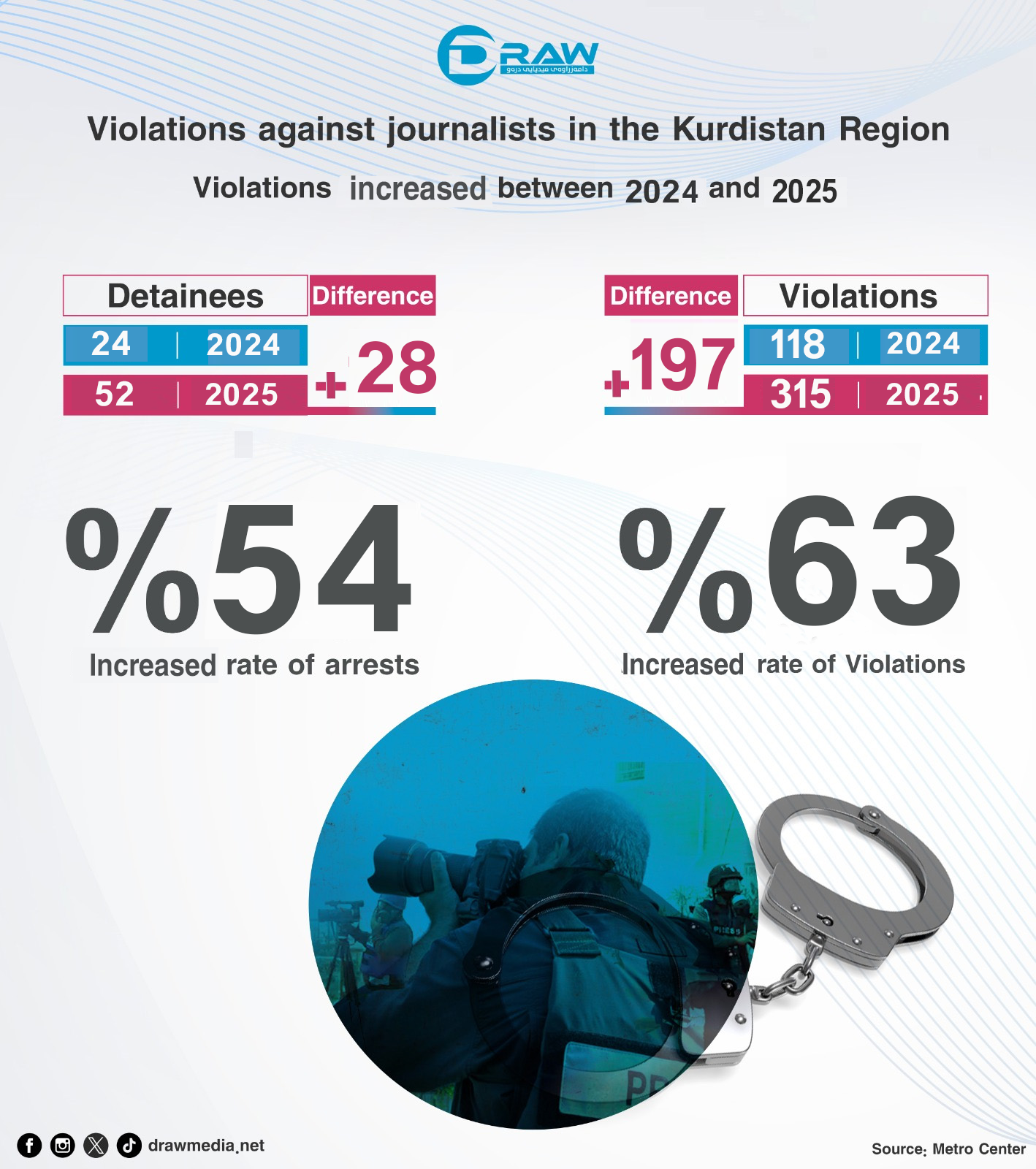The Kurdish Role in Iraq’s Governance (2006–2010)
.jpg)
2025-10-05 10:28:03
🔹 On December 15, 2005, elections were held for Iraq’s Council of Representatives, with 326 lists, parties, and individual candidates participating. Among them was the Kurdistan Alliance List, which included most of the Kurdish parties except the Kurdistan Islamic Union (KIU).
The Kurdistan Alliance won 19.27% of Iraq’s total votes, securing 53 seats in Parliament, while the Kurdistan Islamic Union gained 1.82% of the votes and 5 parliamentary seats.
🔹 On May 20, 2006, Nouri al-Maliki announced his new government. The Kurds took part and held several key positions. Alongside Jalal Talabani, who retained the presidency, the Deputy Speakers of Parliament were Aref Tayfour and Dr. Roz Nuri Shaways. Kurds also had representation in the Iraqi National Security Council and held 57 seats in Parliament.
Kurdish figures who held ministerial positions included:
-
Dr. Barham Salih – Deputy Prime Minister
-
Hoshyar Zebari – Minister of Foreign Affairs
-
Dr. Latif Rashid – Minister of Water Resources
-
Fawzi Hariri – Minister of Industry
-
Bayan Dazyee – Minister of Municipalities
-
Dara Nuraddin – Minister of Justice
-
Ali Baban – Minister of Planning
-
Narmin Othman – Minister of Environment
1. Election of the First Term of Iraq’s Council of Representatives – Kurdish Participation
On December 15, 2005, another election for Iraq’s Council of Representatives took place, with 326 lists, parties, and individuals competing. The Kurdistan Alliance List included most Kurdish parties, while the Kurdistan Islamic Union (KIU) participated independently.
On December 6, 2005, the KIU’s offices in the Badinan region were burned down. The KIU accused supporters of the Kurdistan Democratic Party (KDP) of involvement in the attacks.
According to the Independent High Electoral Commission (IHEC)’s final results, the Kurdistan Alliance won 19.27% of Iraq’s votes, gaining 53 seats out of 275 total parliamentary seats. This represented a decline of about 6% from the January 30, 2005, elections, in which the alliance had secured 25% of the seats (75 seats).
Meanwhile, the Kurdistan Islamic Union received 1.82% of the votes and 5 seats in the Iraqi Parliament.
|
Election Date |
Kurdish Vote Share |
Kurdish Seats |
|---|---|---|
|
January 15, 2005 |
21% |
58 seats |
|
January 30, 2005 |
27% |
75 seats |
|
December 15, 2005 |
19.27% |
53 seats |
2. Kurdish Role in Nouri al-Maliki’s First Cabinet (2006–2010)
After Kurdish dissatisfaction with Ibrahim al-Jaafari’s government and following the December 15, 2005, elections, Nouri al-Maliki formed a new cabinet on May 20, 2006. The Kurds held several ministerial posts.
In addition to Jalal Talabani serving as President, the Kurds held:
-
Aref Tayfour and Dr. Roz Nuri Shaways as Deputy Speakers of Parliament,
-
Kurdish representation in the National Security Council, and
-
57 members of Parliament.
Kurdish ministers:
-
Dr. Barham Salih – Deputy Prime Minister
-
Hoshyar Zebari – Minister of Foreign Affairs
-
Dr. Latif Rashid – Minister of Water Resources
-
Fawzi Hariri – Minister of Industry
-
Bayan Dazyee – Minister of Municipalities
-
Dara Nuraddin – Minister of Justice
-
Ali Baban – Minister of Planning
-
Narmin Othman – Minister of Environment
During al-Maliki’s first cabinet, Article 140 of the Iraqi Constitution — which outlined the process for resolving the status of disputed territories — reached its final deadline on December 31, 2007, without implementation. Kurdish representatives did not take a unified stance regarding their failure.


.jpg)
.jpg)
.jpg)


.jpg)


.jpg)